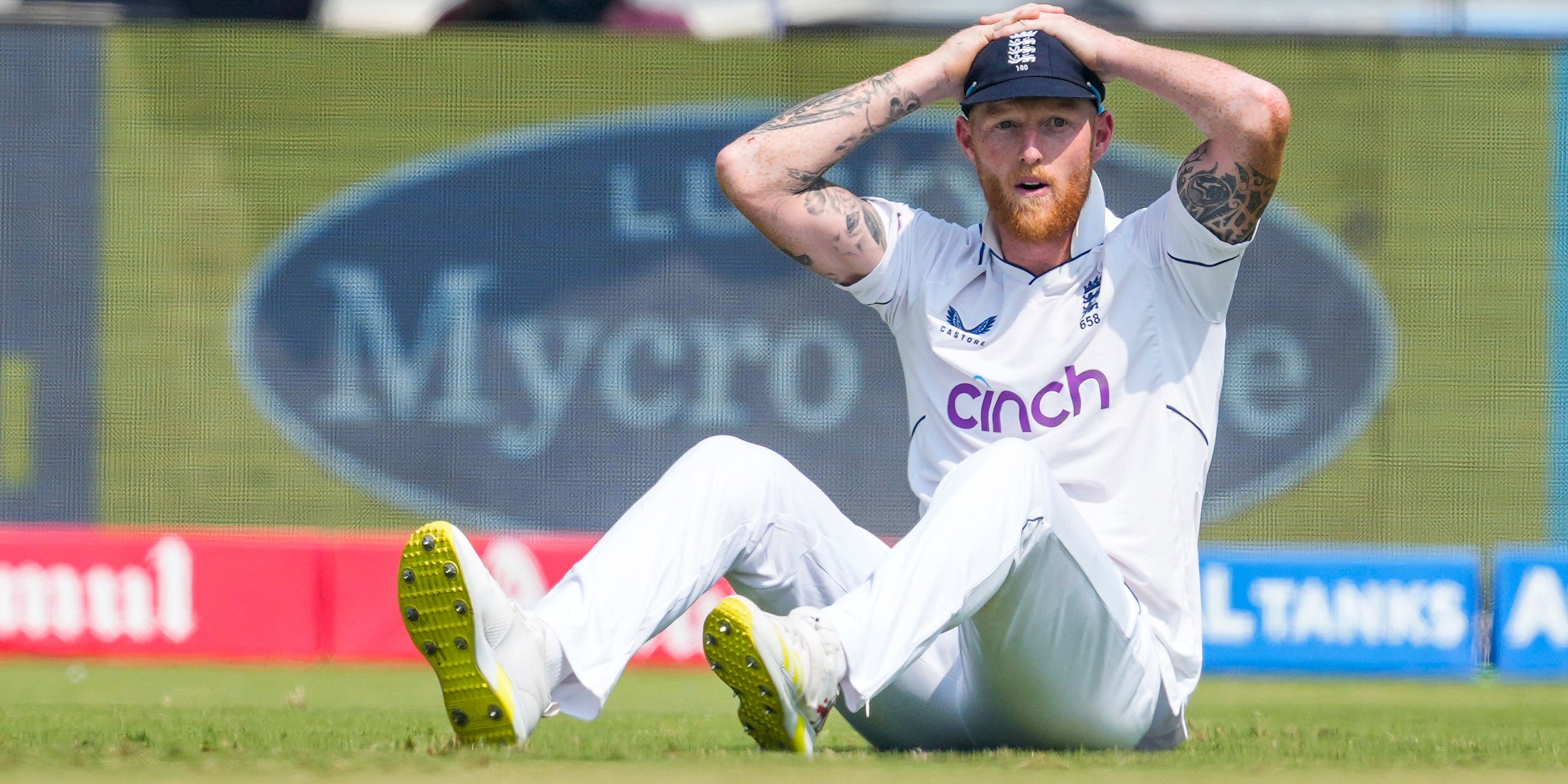Ben Stokes Sparks Debate Over DRS ‘Umpire’s Call’ Clause
The debate over the Decision Review System (DRS) has been reignited by England’s captain, Ben Stokes, following his dissatisfaction with the “umpire’s call” component. Stokes, expressing frustration after England’s defeat in the third Test against India, highlighted several contentious decisions during the match.
Stokes emphasized that England had suffered from three questionable “umpire’s calls” in the game, indicating room for improvement within the DRS framework. His concerns primarily revolved around specific instances in the Rajkot Test, notably the dismissal of Zak Crawley, where the replay suggested the ball had missed the stumps despite the on-field umpire’s decision being overturned.
The inclusion of the “umpire’s call” clause in the DRS system allows the on-field umpire’s ruling to prevail if the ball-tracking technology falls within a certain margin of error. While this provision aims to uphold the umpire’s judgment, it has faced criticism due to its perceived inconsistency.
Stokes’ critique reflects broader sentiments shared by players and fans, questioning the fairness of a system where technology sometimes contradicts the final decision. His call for the removal of the “umpire’s call” aspect seeks greater clarity and consistency in decision-making.
While Stokes’ proposal may spark debate within the cricketing community, it raises important questions about the balance between technological precision and maintaining the human element in the game.
The International Cricket Council (ICC), responsible for overseeing cricket regulations, is likely monitoring the discussion closely. Whether changes will be made to the current DRS system remains uncertain, but Stokes’ intervention has undeniably reignited the conversation and could potentially lead to reforms in the future.


